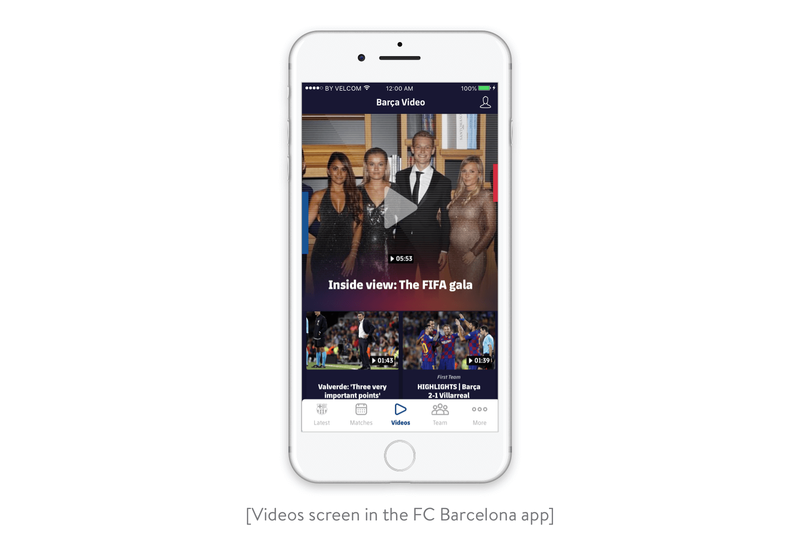Though there are so many sports fans around the world, 11% fewer people watched the Premier League matches and 10% fewer people viewed the NFL games than the year before, and the tendency remains. In other words, the engagement rates keep dropping for stadium games, and most sports companies in the US claim that these engagement rates are influenced by new technologies and the way the modern generation uses them.
Take a look at this: according to the Sports Business Institute, 87% of sports fans second screen during a match. They can be looking at replays, checking the scores of other games, or using social networks to boast about attending the game in person. Moreover, generations X and Z prefer consuming digital content to attending games in stadiums. What does this all lead to? Sports facility owners and game organizers get less revenue and have to look for new ways to use the facilities, such as for hosting concerts and other special events.
But should you keep spending tons of money on marketing campaigns, trying to bring everyone back to the stadiums? Or should you work on attracting the techy fans – like theScore, a Canadian company, that got an additional $22.6 million in 2018 from its mobile app for the sports industry? Keep reading this post to learn how digital technology can help you engage fans and raise your revenue rates. That's how we'll define the importance of mobile apps for the sports industry.
How exactly can apps engage sports fans
Aside from theScore, there are lots of other successful apps – like DAZN, a live broadcasting app that brought $11.5 million in 2018, and an app by ESPN, DAZN’s competitor, which drove $4.7 million in user spending in just a year. How is that possible?
Well, we all switched to the mobile-first era a long time ago. More than one-third of retail sales – worth a total of $1 trillion – are now made from smartphones, so fans expect a sports app to let them buy say a T-shirt with the favorite team’s logo or a ticket to semi-finals. That’s why it’s a great idea to make your app an e-commerce platform for selling merchandise and tickets to sporting events. But, you may also consider creating a mobile app for the sports industry to:
-
- supply users with quality sports content, news, and score updates
-
- build a welcoming environment where sports fans can interact with each other and with - their favorite members of the sports teams
-
- provide a betting platform where sports fans can place bets on teams and players
-
engage gamer fans into fantasy sports (we’ll explain what it is a bit later)
 Some sports apps concentrate on only one kind of the activities above and others try to combine them, all to achieve high user engagement. Let’s have a closer look at the existing types of sports apps, to enable you to choose your niche and the way you could benefit from your future app.
Some sports apps concentrate on only one kind of the activities above and others try to combine them, all to achieve high user engagement. Let’s have a closer look at the existing types of sports apps, to enable you to choose your niche and the way you could benefit from your future app.
Dedicated and aggregator apps
These apps are pretty similar to each other, though there’s one essential difference between them: dedicated apps, like the official FC Barcelona app, shed light on one team only. Aggregator apps, like Fox Sports, provide content about multiple teams or even multiple sports.
Users like these apps because they can get quality audio and video content, communicate with sports stars and other fans, and buy tickets, season passes, and merchandise.

https://yalantis.com/blog/why-the-sports-industry-is-going-mobile/



